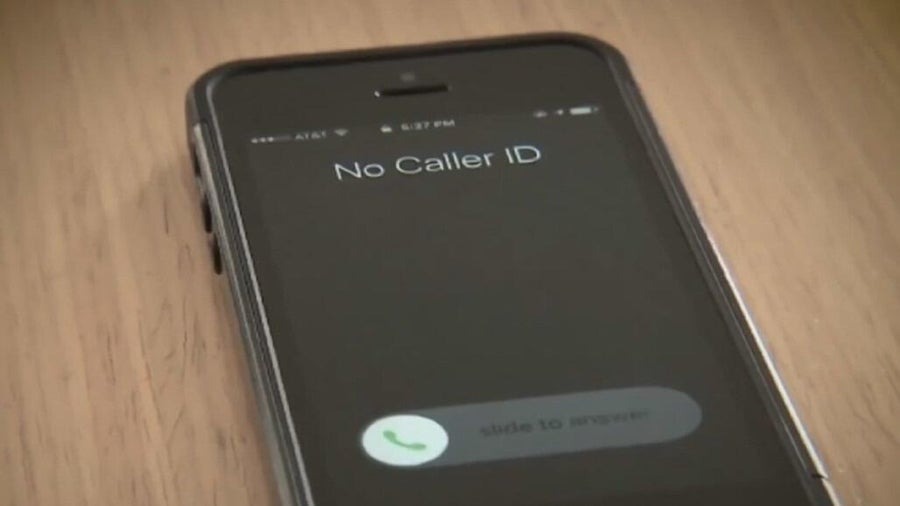For many Americans and homebuyers, buying a home is stressful enough without a flood of unwanted calls. But for some, the minute they apply for a mortgage, their phone lines light up with nonstop spam.
CBS News Miami research director Bryan Dyke learned this the hard way. After filling out an online mortgage application recommended by his realtor, Dyke said his phone started ringing almost instantly.
“They started immediately within minutes. Less than five minutes,” Dyke said. “It makes it impossible to use your device.”
Over the past few weeks, Dyke has been inundated with calls, texts, and voicemails from lenders and insurance companies he never contacted.
He’s not alone. A survey by LendingTree found that 74% of Americans reported receiving unsolicited calls, texts, or emails after their credit was pulled for a loan or insurance policy.
The culprit: “Trigger leads”
According to Orlando Diaz, president of the Florida Association of Mortgage Professionals, Dyke’s experience is tied to a controversial practice called trigger leads.
That’s when credit bureaus sell consumer data to lenders and marketing companies as soon as a loan application is filed. The result? An onslaught of pitches from competing lenders and service providers.
“Without the credit bureaus selling that information, there is no way that any marketing company or lenders would find out that they’re applying for a loan with somebody else,” Diaz said.
Currently, the practice is legal under federal law. Diaz is calling for Florida to ban state-licensed lenders from using this data unless they already have a relationship with the borrower. He also wants Congress to outlaw the sale of consumer information without explicit opt-in consent.
Pushback and privacy concerns
CBS News Miami reached out to the nation’s three major credit bureaus — Experian, Equifax, and TransUnion. All referred inquiries to the Consumer Data Industry Association (CDIA).
Dan Smith, CDIA president and CEO, issued a statement acknowledging consumer frustrations but defending the system.
“Mortgage lenders should not inundate consumers with unwanted telephone solicitations,” Smith said. “We believe that the U.S. Congress is best positioned to address the root cause — telephone calls — while maintaining a competitive market that allows consumers to shop for a better deal.”
The human toll
The calls aren’t limited to homebuyers. Miami realtor Stefania Mogollon says she also receives nonstop solicitations — not from lenders, but from companies trying to sell her borrower information.
Dyke, meanwhile, tried opting out through his lender, but the calls kept coming. “It hasn’t done anything for me,” he said. “It’s two weeks later. The calls have slowed, but I’m still getting 10 to 15 calls a day.”
What consumers can do
Diaz recommends that borrowers proactively opt out before applying for a mortgage. The CDIA offers an online portal where consumers can limit the sale of their personal data. Still, for many like Dyke, the relief is partial at best.
Until lawmakers intervene, buyers may continue to face an ironic hurdle in the homebuying process: their phone ringing off the hook the moment they try to secure a loan.

